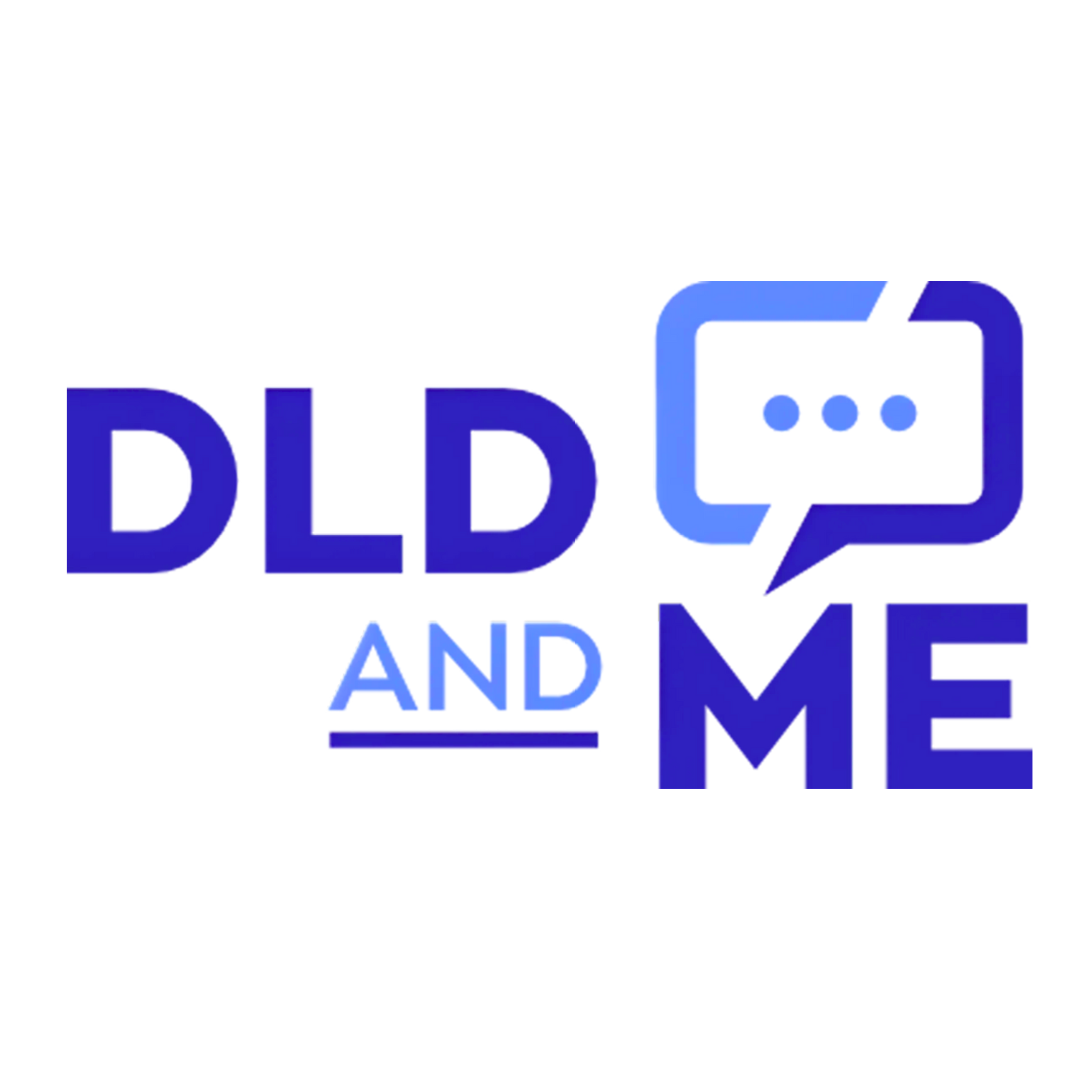Do you have Developmental Language Disorder?
Developmental Language Disorder is a mouthful to say! You can call Developmental Language Disorder DLD for short. It’s fine to just say ‘Language Disorder’ too.
What is DLD?
DLD is a difficulty learning language or learning with language. Language refers to the words and expressions we use to communicate. Language can be spoken, written, or signed. So, when you’re talking, listening, reading, writing, or signing, you’re using language.
When you have DLD, it’s not as easy for you to learn language. People experience DLD differently. Some of these things might describe your DLD:
You need more repetitions to learn new words.
You have trouble remembering words you know, even ones you know well.
You struggle to put words together to say what you want to say.
You must think hard to figure out what someone means when they talk.
You miss the joke.
You miss some of the details when people do lots of talking.
You have difficulty with reading and writing.
You sense that talking and reading are much easier for other people.
How did I get DLD?
If you have DLD, your brain develops differently from others’. We don’t fully understand why this happens. But we know two important things: YOU didn’t do anything to cause DLD. YOUR PARENTS didn’t do anything to cause DLD.
Why is school so hard?
School is hard because most of the learning you do at school involves language. Your teacher tells you stuff you need to know. You must read stuff to learn it. You have to talk in presentations and write out your work to show your learning. And you must do all these language tasks all day at school. It is hard work for a person with DLD so you might feel tired at the end of the day.
Will my DLD get better?
Yes, your language will continue to grow. You’ll learn more words. You’ll get better at saying what you want to say. It will get easier to communicate in familiar situations. But you will likely encounter new situations that require new learning. When you’re learning something new, you might notice it’s hard for a while until you get it.
What can I do to make my DLD better?
Think about how you learn and communicate best. Don’t be afraid to tell someone else what they need to do to help you learn and communicate.
What helps when…
Someone says a new word or tells you something that is complicated? You could ask them to repeat it or write it down. You could draw a picture to help you remember. Use the strategies that work for you.
You’re trying to put your words together? You could pause or use other words. You could practice in advance. Use the strategies that work for you.
When you’re tired or frustrated, learning will be harder and finding your words will be harder. What helps most to keep you calm and ready for communication and learning? Getting enough sleep? Exercising? Playing with your pets? Taking a break? Use the strategies that work for you.
Who will help me with my DLD?
There are probably lots of people who will help you! Here are just a few:
Speech-language pathologist (or SLP for short) – An SLP is an expert in language. Usually, an SLP is the one who identifies DLD. The SLP might help you with learning language, and with discovering the best strategies for you.
Teacher – Your classroom teacher can help you understand what’s going on in your class and what you need to learn. You can tell your teacher if you’re having trouble understanding what you’re learning or when you’re having trouble saying or writing what you want. Your teacher can help you find a way to show all that you know. You can use the worksheet here to tell your teacher what works best for you.
Parents, family members, and friends – All of these people can help you too! Mostly, they just get you! You can just be yourself, and they’ll understand you. If you’re struggling or frustrated, you can think about telling them about your DLD. Sometimes it’s easier for people to understand and help you if they know you have DLD. It’s up to you if you want to tell other people.
Is everything always going to be hard?
No. Just like everyone, you’re going to find the activities you really like to do and you’re good at. You’ll focus on them. But don’t stop there. Don’t forget to challenge yourself sometimes too!
Video produced by RADLD.org in 2017.
More: Developmental Language Disorder: The Childhood Condition We Need to Start Talking About




